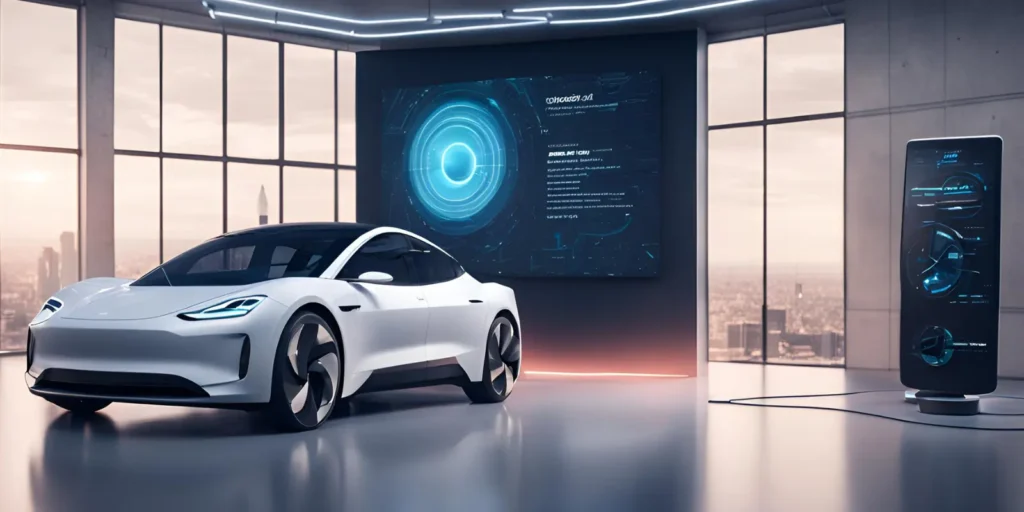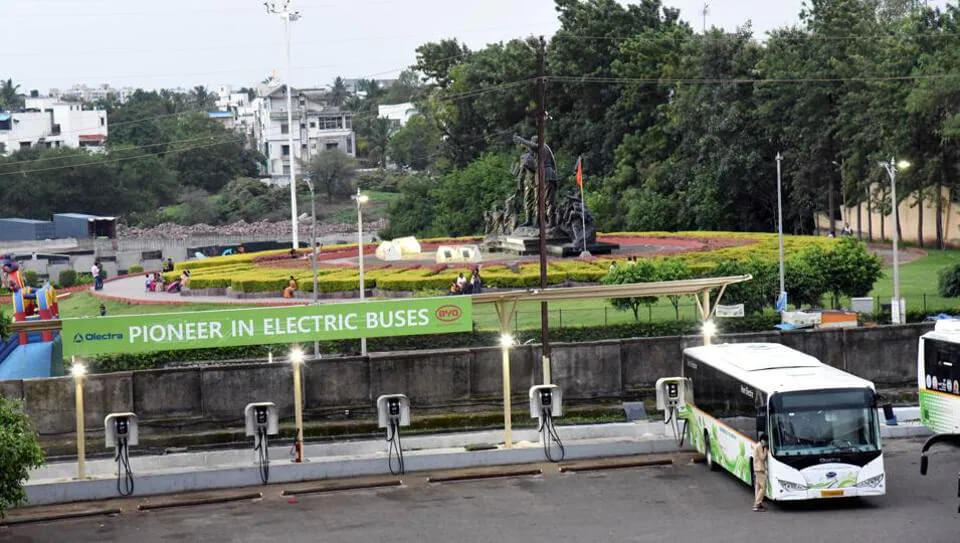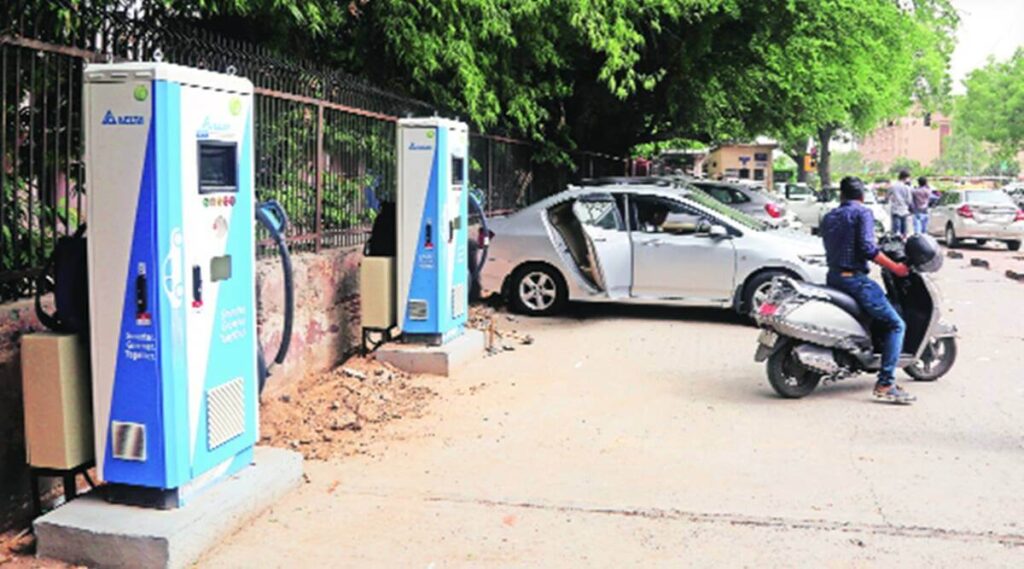
As the world shifts towards sustainable energy solutions, electric vehicles (EVs) stand at the forefront of this transformation. The rapid adoption of EVs requires presence of an equally robust and intelligent charging infrastructure integrated with smart charging processes that offer seamless charging experience for EV drivers. Like in every other field, the use of Artificial Intelligence (AI) is revolutionizing EV charging, where AI’s integration into EV charging infrastructure promises to enhance efficiency, reliability, and user experience, thereby accelerating the transition to a cleaner and greener future.
Optimizing Charging Infrastructure
AI enables the optimization of charging station deployment by analyzing vast amounts of data to identify the most strategic locations for new stations. This involves considering factors such as traffic patterns, proximity to existing infrastructure, and user demand. By leveraging demand analytics, AI can forecast future demand, ensuring that charging infrastructure grows in tandem with the increasing number of EVs on the road. This not only minimizes the risk of under-utilized stations but also prevents congestion at high-demand locations.
Improving Uptime of Charging Infrastructure
Another application of AI in the EV industry is predictive maintenance. With the help of AI based EV Charging Platform, Charge Point Operators can proactively address maintenance issues before they become major problems. This can lead to cost savings and improved reliability for charging infrastructure.
Enhancing Energy Management
One of the critical challenges in EV charging is managing the energy load on the grid. AI-driven energy management systems can balance the load by dynamically adjusting charging times and rates based on real-time grid conditions. By doing so, these systems prevent grid overloads during peak demand periods and optimize the use of renewable energy sources. AI algorithms can also facilitate vehicle-to-grid (V2G) technology, where EVs can supply power back to the grid, further stabilizing energy supply and demand.
Improving User Experience
AI significantly enhances the user experience in EV charging through personalized services and predictive maintenance. Intelligent algorithms can learn user preferences and habits, offering tailored charging solutions and suggestions. For instance, an AI system can recommend the best times and locations for charging based on an individual’s driving patterns. Moreover, predictive maintenance powered by AI can identify potential issues with charging stations before they become critical, ensuring higher uptime and reliability for users.
Facilitating Autonomous Charging
As autonomous vehicles become more prevalent, the need for seamless, automated charging solutions becomes imperative. AI plays a crucial role in enabling autonomous charging systems that can communicate with EVs, guide them to available charging spots, and initiate the charging process without human intervention. This level of automation not only enhances convenience but also maximizes the utilization of charging infrastructure.
Supporting Fleet Management
For businesses operating EV fleets, AI provides indispensable tools for efficient fleet management. AI-powered platforms can optimize route planning and charging schedules, reducing downtime and operational costs. By analyzing data from multiple sources, including traffic conditions, vehicle status, and energy prices, AI ensures that fleets operate at peak efficiency. This is particularly valuable for logistics and public transportation sectors, where operational efficiency directly impacts profitability and service quality.
Advancing Research and Development
AI accelerates research and development in EV technology by providing insights from data analysis that would be impossible to achieve manually. Machine learning algorithms can identify patterns and correlations in large datasets, leading to innovations in battery technology, energy storage, and charging solutions. These advancements contribute to longer battery life, faster charging times, and overall improvements in EV performance and affordability.
The increasing role of Data Analytics in Electric Vehicle Charging
Read Head
Conclusion
The integration of AI into EV charging infrastructure is not just a technological advancement; it is a fundamental shift towards a smarter, more sustainable mobility ecosystem. By optimizing infrastructure deployment, enhancing energy management, improving user experience, facilitating autonomous charging, supporting fleet management, and advancing research, AI is poised to play a critical role in the future of electric mobility. At YoCharge, we are committed to harnessing the power of AI to drive this transformation and support the global transition to sustainable energy solutions.
As we look to the future, the relevance of AI in EV charging will only grow, shaping a world where intelligent, efficient, and reliable EV charging becomes the norm. The leaders and stakeholders across various domains must recognize and embrace this potential, working together to build a sustainable future powered by AI-driven innovations.




